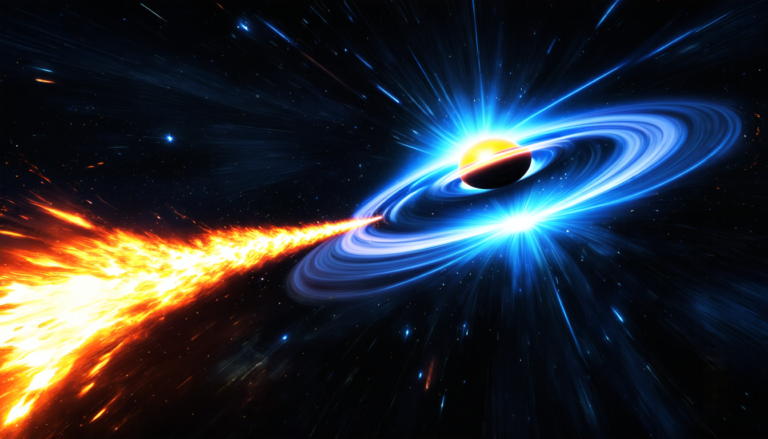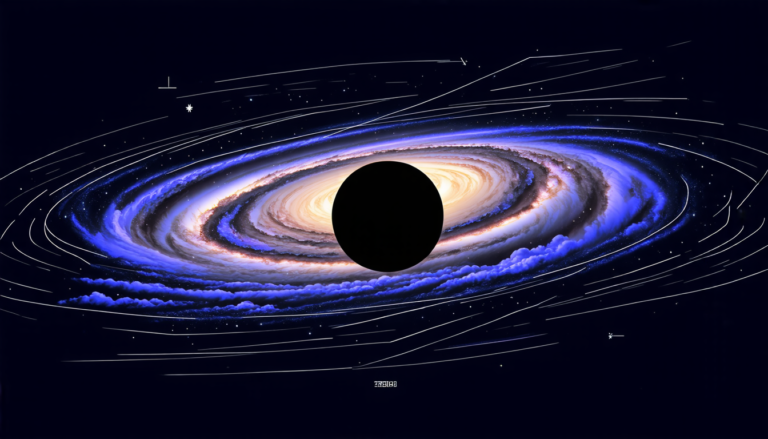Monday 07 April 2025
Physicists have long grappled with the concept of determinism, which posits that everything in the universe follows a set course and is predetermined by physical laws. But what does this mean for the fundamental nature of reality? A new study delves into the complexities of determinism, exploring its implications for our understanding of space-time.
In the realm of general relativity, determinism has been a topic of debate. The theory, developed by Albert Einstein, describes gravity as the curvature of spacetime caused by massive objects. However, this raises questions about the nature of free will and whether events in the universe are predetermined or subject to chance.
Researchers have proposed various definitions of determinism, each attempting to capture the essence of this concept. One such definition is MLE determinism, which states that if worlds agree on some initial segment, they must agree entirely. But what does this mean for our understanding of space-time?
To tackle this question, scientists have developed a hierarchy of spacetime symmetries, ranging from rigid to Heraclitus-like asymmetry. The latter concept, inspired by the ancient Greek philosopher’s idea that things change and are unique, introduces a new level of complexity to the debate.
According to recent findings, certain collections of spacetimes can be deterministic under one definition but not another. This raises intriguing questions about the nature of reality: if two spacetimes agree on some initial segment, does this necessarily mean they will agree entirely? Or can there be local variations and asymmetries that defy determinism?
The study also highlights the importance of symmetry in physics. By exploring the properties of spacetime symmetries, researchers can gain insights into the fundamental nature of reality. For instance, the discovery of isospectral manifolds – spaces with identical mathematical properties despite different shapes – has far-reaching implications for our understanding of space-time.
The findings have significant implications for our understanding of the universe and the laws that govern it. If certain spacetimes can be deterministic under one definition but not another, this challenges our assumptions about the nature of reality. It also opens up new avenues for research, as scientists seek to understand the underlying mechanisms that govern the behavior of spacetime.
Ultimately, the debate over determinism in general relativity serves as a reminder of the complexities and mysteries that still surround our understanding of the universe.
Cite this article: “Unlocking the Secrets of Spacetime: A New Approach to Determinism in General Relativity”, The Science Archive, 2025.
Determinism, General Relativity, Space-Time, Physics, Einstein, Free Will, Chance, Mle Determinism, Heraclitus, Symmetry







